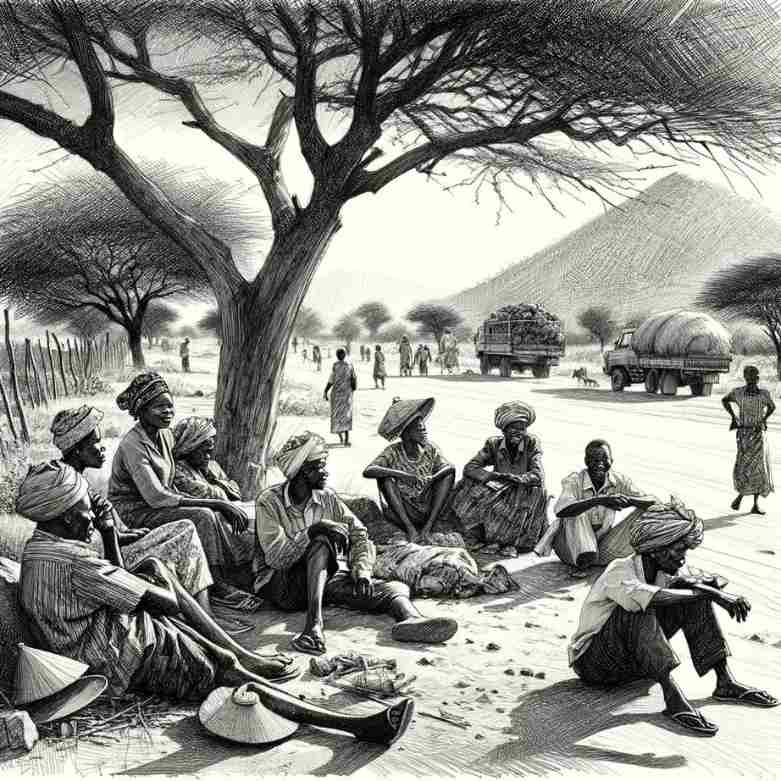The Importance of Rest and Leisure in Shona Culture
Rest and leisure are considered important aspects of life in Shona culture. In traditional Shona society, people were deeply connected to the land and the rhythms of nature, and valued rest as a way to recharge and renew both physically and spiritually.
Rest and leisure were seen as important opportunities to connect with family and friends, celebrate cultural traditions, and participate in communal activities. For example, traditional Shona music and dance, storytelling, and games were often enjoyed during leisure time.
One of the most important aspects of rest and leisure in traditional Shona society was the opportunity it provided for people to connect with their community. Whether it was through participating in communal activities or simply spending time with family and friends, rest and leisure were seen as a way to foster social connections and strengthen cultural traditions. This sense of community and connection was deeply valued in traditional Shona society, and it continues to be an important part of Shona culture today.

Drawing provide by Chatgpt 4
In contemporary Shona culture, the importance of rest and leisure continues to be recognized, although the way in which it is practiced may have changed with the modernization of society. For example, many people now enjoy leisure time by watching television or using social media, rather than participating in traditional activities like music and dance. However, the importance of taking time for rest and relaxation is still recognized as a way to maintain physical and mental health, and to foster social connections and cultural traditions.
In addition to providing opportunities for social connection and cultural celebration, rest and leisure are also important for maintaining physical and mental health. In traditional Shona society, rest was seen as a way to recharge and renew the body and spirit, and this belief continues to be held today. Taking time to relax and recharge can help reduce stress and anxiety, improve sleep quality, and increase overall feelings of well-being.
Overall, rest and leisure are deeply valued in Shona culture, both for their role in fostering social connections and cultural traditions, and for their importance in maintaining physical and mental health. While the specific activities associated with rest and leisure may have changed over time, the fundamental importance of taking time to relax and recharge remains a central part of Shona culture today